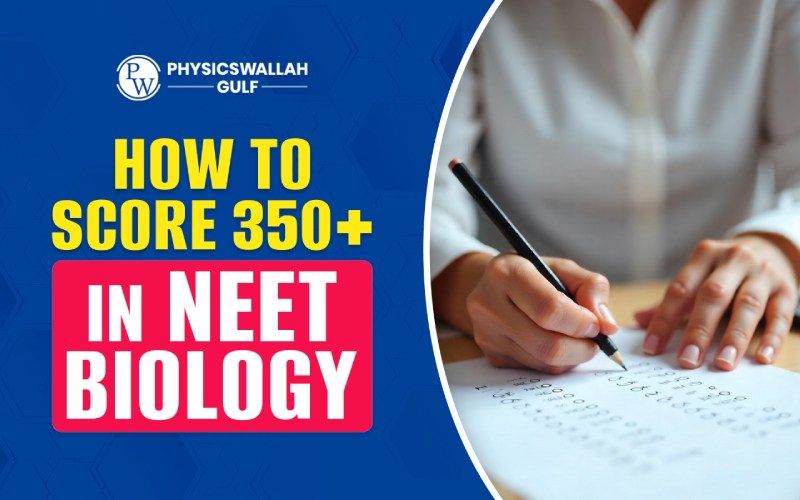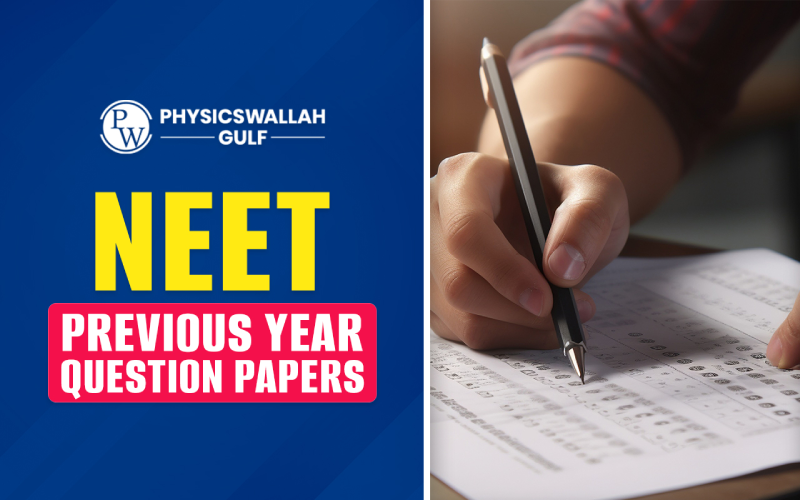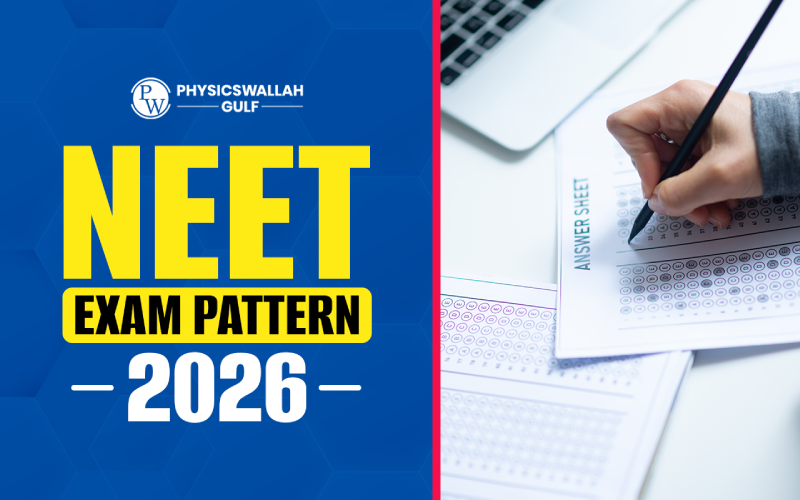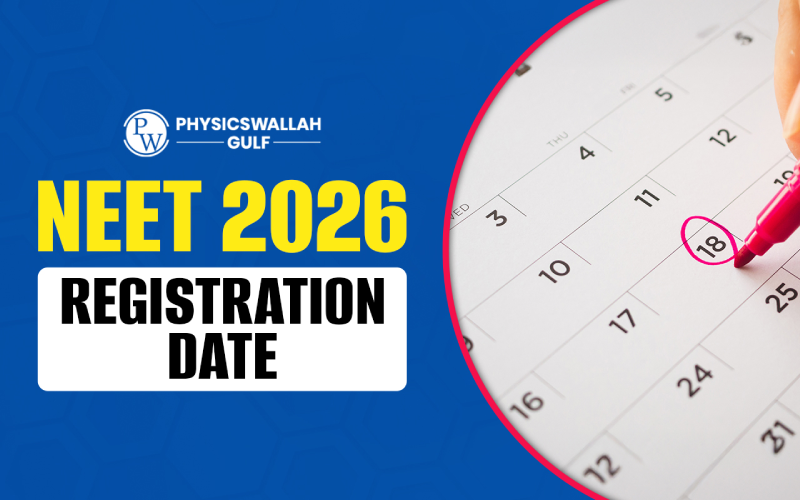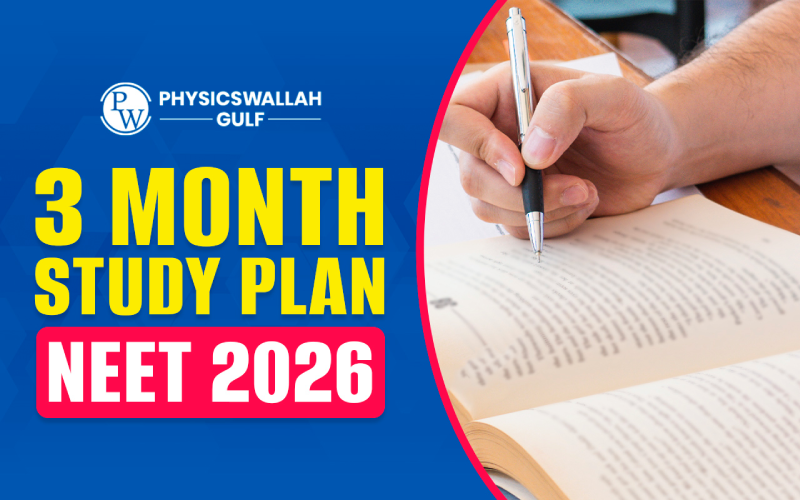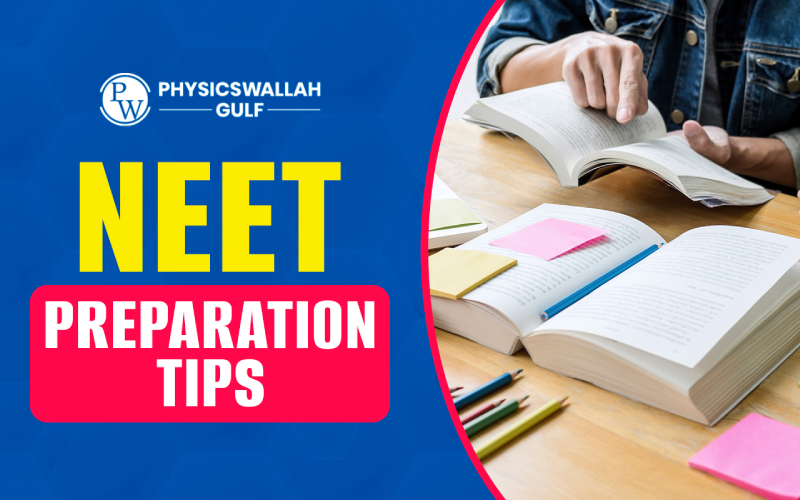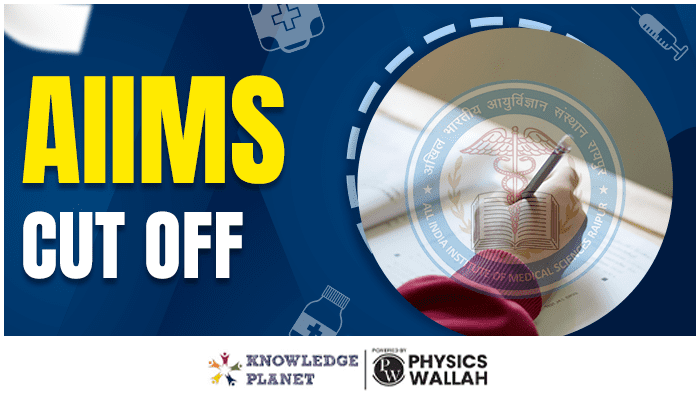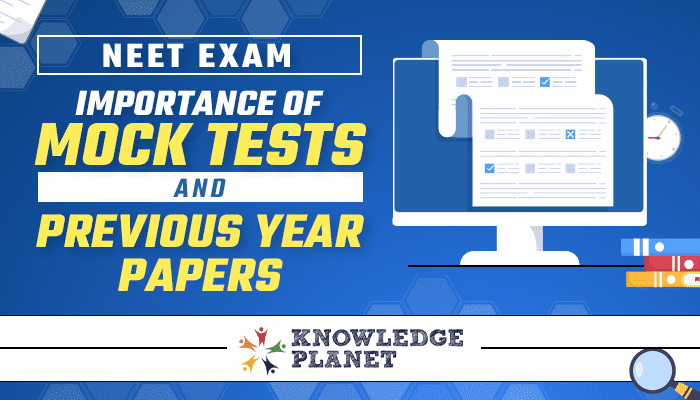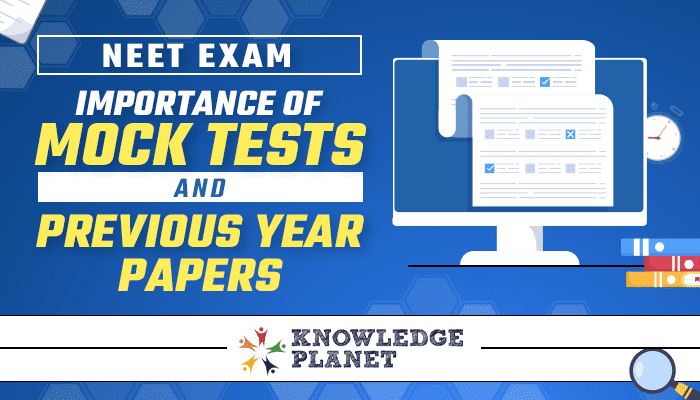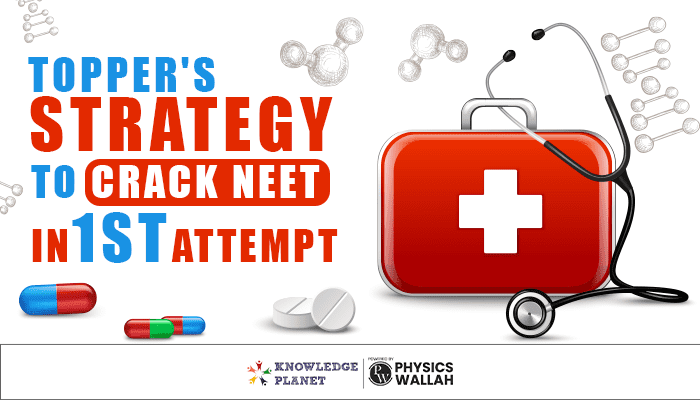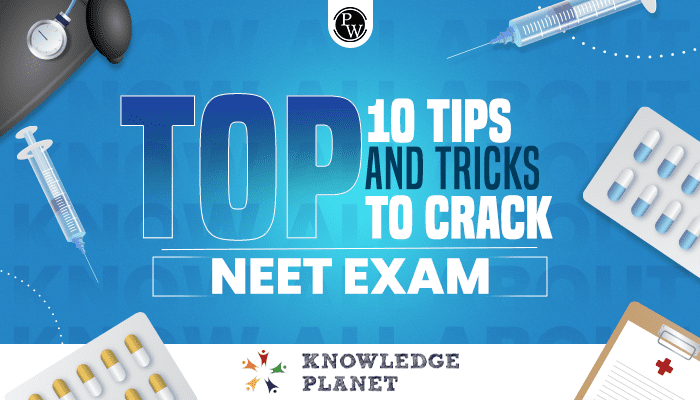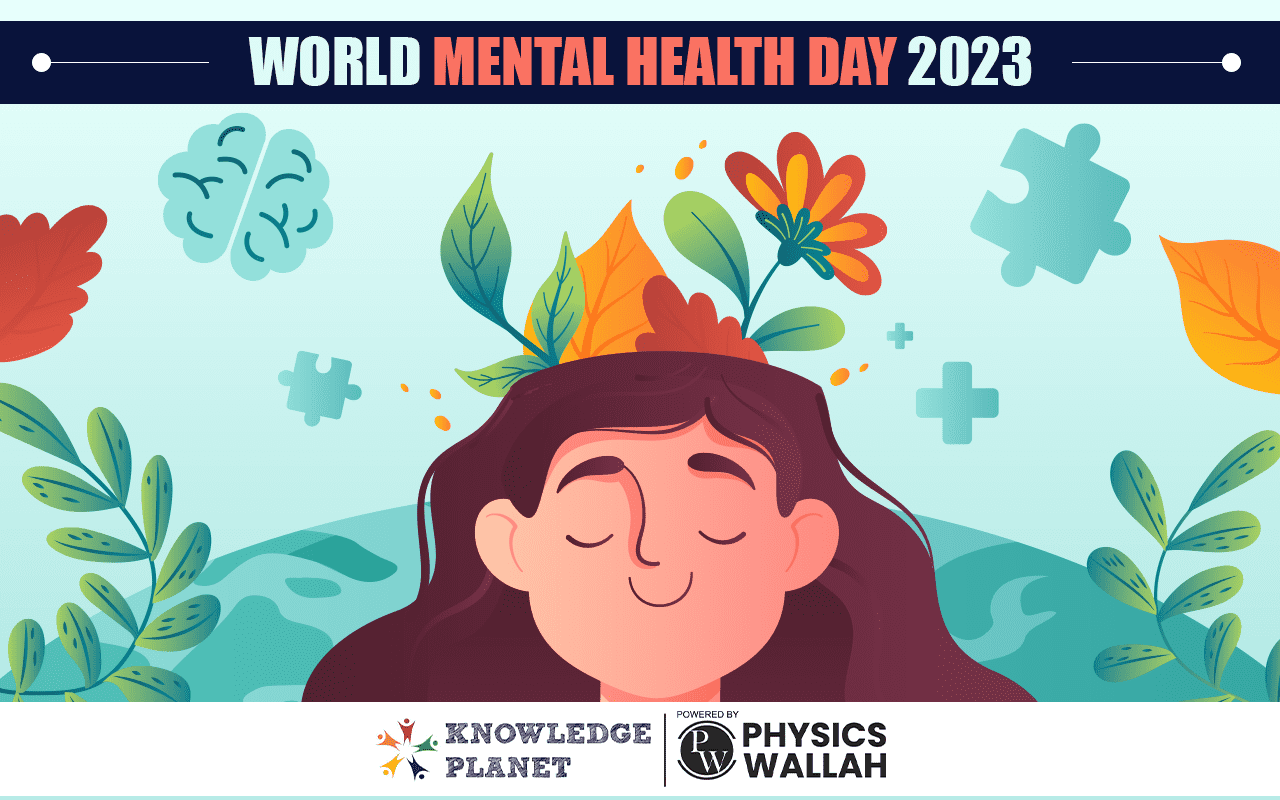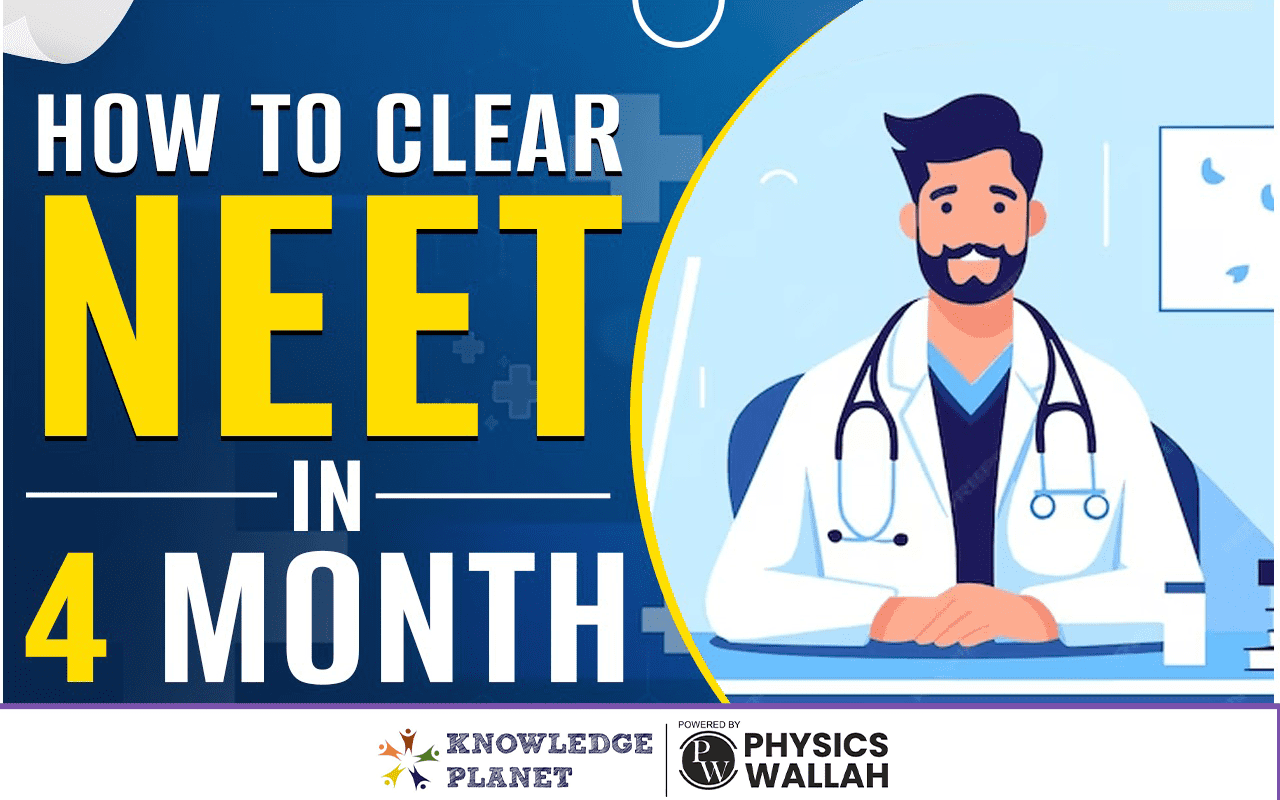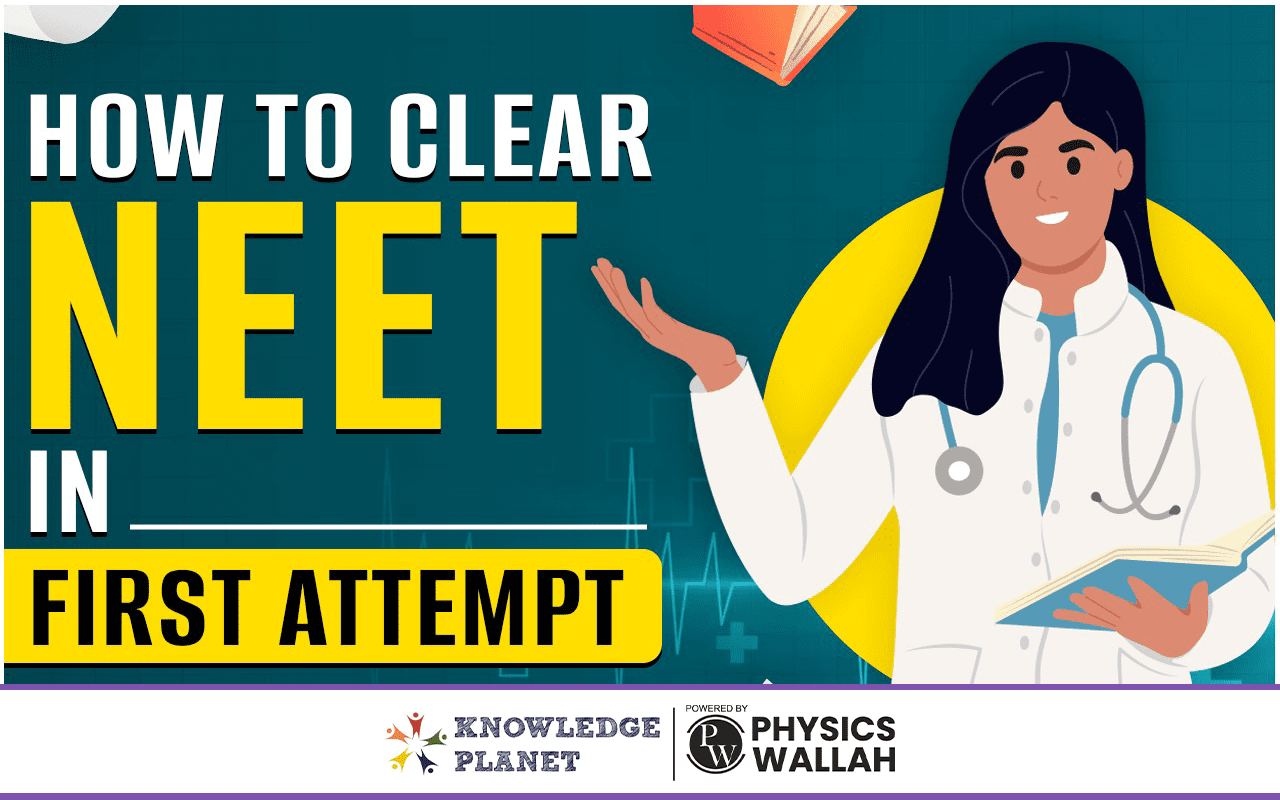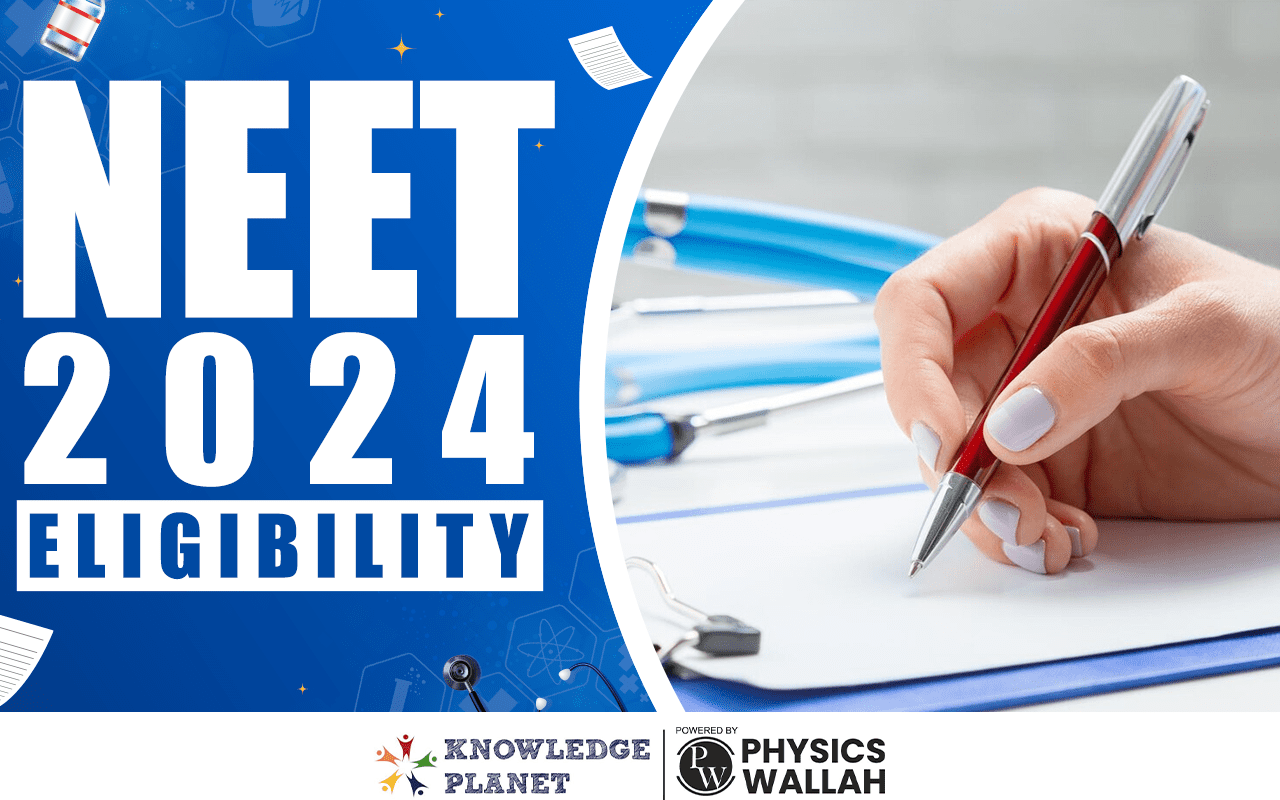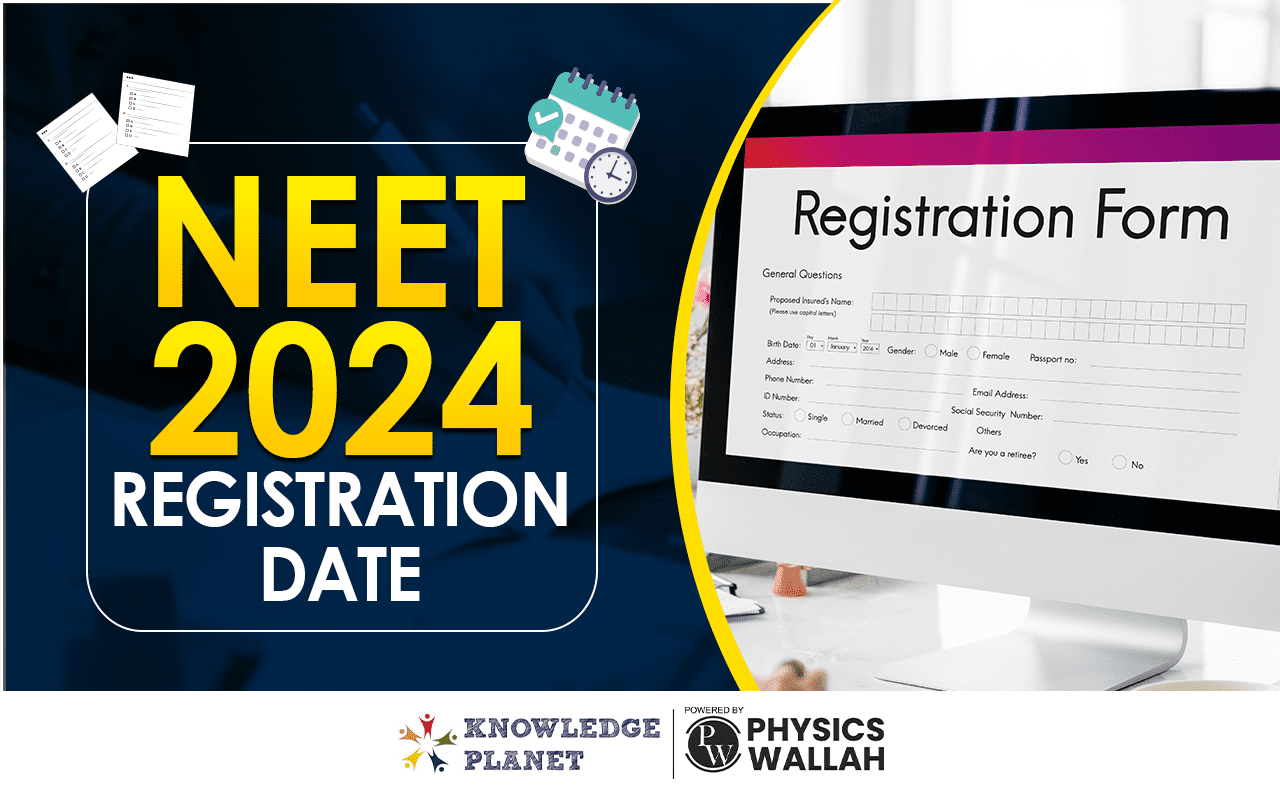How to Score 180 in NEET Botany: Biology is the most crucial section in the NEET exam, as it includes 50% of the total marks. Biology is further divided into two sections, Zoology and Botany, each carrying 180 marks. Both the sections cover different aspects of Biology. Therefore, to score well in either section, candidates should follow recommended strategies and tips.
Here, we have provided a list of preparation methods to score 180 in NEET Botany. Candidates must adhere to all the tips provided below to enhance their exam preparation and excel with a target score.
Understand NEET Botany Syllabus
To initiate NEET Botany preparation, candidates should know the syllabus in detail. Knowing the syllabus helps candidates understand the topics they need to cover for NEET. Additionally, candidates categorise the difficult and easy topics. Accordingly, they can create a study plan for effective NEET Botany preparation.
NEET Botany motley covers chapters included in classes 11 and 12 of the Botany subject. These include the following:
|
NEET Botany Syllabus |
|
|
Class 11 |
Class 12 |
|
The living world |
Sexual reproduction in flowering plants |
|
Biological classification |
Molecular basis of Inheritance |
|
Plant kingdom |
Principles and process of Biotechnology |
|
Morphology of flowering plants |
Ecosystem |
|
Anatomy of flowering plants |
|
|
Cell the unit of life |
|
|
Cell cycle and cell division |
|
|
Plant Physiology |
|
Focus on Important Topics
Besides knowing the detailed NEET Botany syllabus, candidates should understand the most crucial topics of the syllabus. Many questions in the NEET exam are asked from these topics. Therefore, by focusing on the important chapters of the Botany syllabus, candidates can succeed in the NEET exam with a high score.
Create a Study Plan
Once candidates are certain about the topics they need to cover for NEET Botany, it is recommended that they prepare a study plan. The study plan is effective for covering all the chapters within the preparation duration. Additionally, candidates learn to set targets and achieve them, which is crucial for learning and improving time management.
While preparing the study plan, candidates should pay attention to including short breaks during the long study hours. This approach is effective to maintain concentration and keep mind fresh, which promotes candidates' grasping power.
Create Table and Flowcharts
When studying a chapter in Botany, candidates should create tables and flowcharts. This preparation method is helpful for quick and convenient revision. Referring to the flowcharts, candidates can quickly recall important concepts and topics. Tables and flowcharts are specifically helpful in topics like Plant Kingdom, which include the categorisation of plants.
Practice Regularly
Regular practice with sample papers and exercise questions provided at the end of each chapter is crucial to perform well in NEET Botany. Practising not only improves candidates ' problem-solving ability but also promotes overall understanding and knowledge retention.
In addition, candidates practising with NEET Botany previous year's papers are able to understand the question format and difficulty level of the exam.
Attempt Mock Test
To gain familiarity with the NEET exam format, candidates should attempt multiple NEET mock tests. These tests are designed according to the actual exam format and marking system. After completing the test, it is recommended to perform self analysis and determine strengths and weaknesses. Further, candidates should streamline their preparation to gain a grasp of weak sections.
Revise Regularly
To score a perfect 180 in NEET Botany, candidates should repeatedly revise all the chapters. This approach improves memorisation and recalling ability, which is crucial to quickly answer all the questions in the NEET exam.
Candidates should prioritise revising the entire NEET syllabus multiple times to ensure a comprehensive understanding of each concept. Regular revision is also an effective method to evaluate candidates' preparedness.
Practise With Diagram
NEET Botany chapters include multiple diagrams that explain the function of various components of plants. Many questions in the NEET exam are asked directly from these diagrams. To answer these questions accurately, candidates must practise using diagrams. NCERT is the best study resource for understanding various parts and functions of plants.
Besides going through the diagrams, candidates should also attempt drawing these diagrams and labelling them. With this approach, candidates can evaluate their understanding.
Doubt Resolution
NEET Botany syllabus includes multiple chapters of varying difficulty levels. It is common for candidates to face challenges in many topics. In such situations, candidates are advised to seek expert assistance to clarify their doubts.
Attempting NEET without conceptual clarity increases the prospects of negative marking. Therefore, candidates must join the best NEET Coaching Institute for comprehensive concept clarity.
PW Gulf NEET Coaching is known to offer regular classes and expert guidance for thorough preparation. Additionally, students at PW coaching are encouraged to ask their doubts and get detailed clarification to excel in NEET with commendable scores.
How to Score 180 in NEET Botany FAQs
Q1. How to score 180 marks in NEET Botany?
Ans. The most effective way to score 180 in NEET Botany includes comprehensive syllabus coverage, regular problem-solving, participation in mock tests, performance analysis, and thorough revision.
Q2. How can I improve my marks in Botany?
Ans. To improve marks in NEET Botany, candidates must refer to the NCERT textbook and understand the topics with complete clarity. Additionally, candidates should practise exam-based questions on a regular basis.
Q3. Is it easy to score 360 in NEET biology?
Ans. Scoring 360 in NEET is a daunting task. However, many candidates who prepared strategically and strictly followed an effective study plan succeeded in scoring perfect 360 marks in past years' NEET exams.
Q4. Which chapters of NEET Botany carry the highest weightage?
Ans. NEET Botany chapters that carry high weightage are Biological Classification, Living World, Morphology of Flowering Plants, The Plant Kingdom, Cell as the Unit of Life, and Anatomy of Flowering Plants.
Q5. Are diagrams important for NEET Botany?
Ans. Yes, diagrams are crucial for NEET Botany preparation as they illustrate various parts and functions of the plant kingdom. Visual representation of these details improves memorisation.








